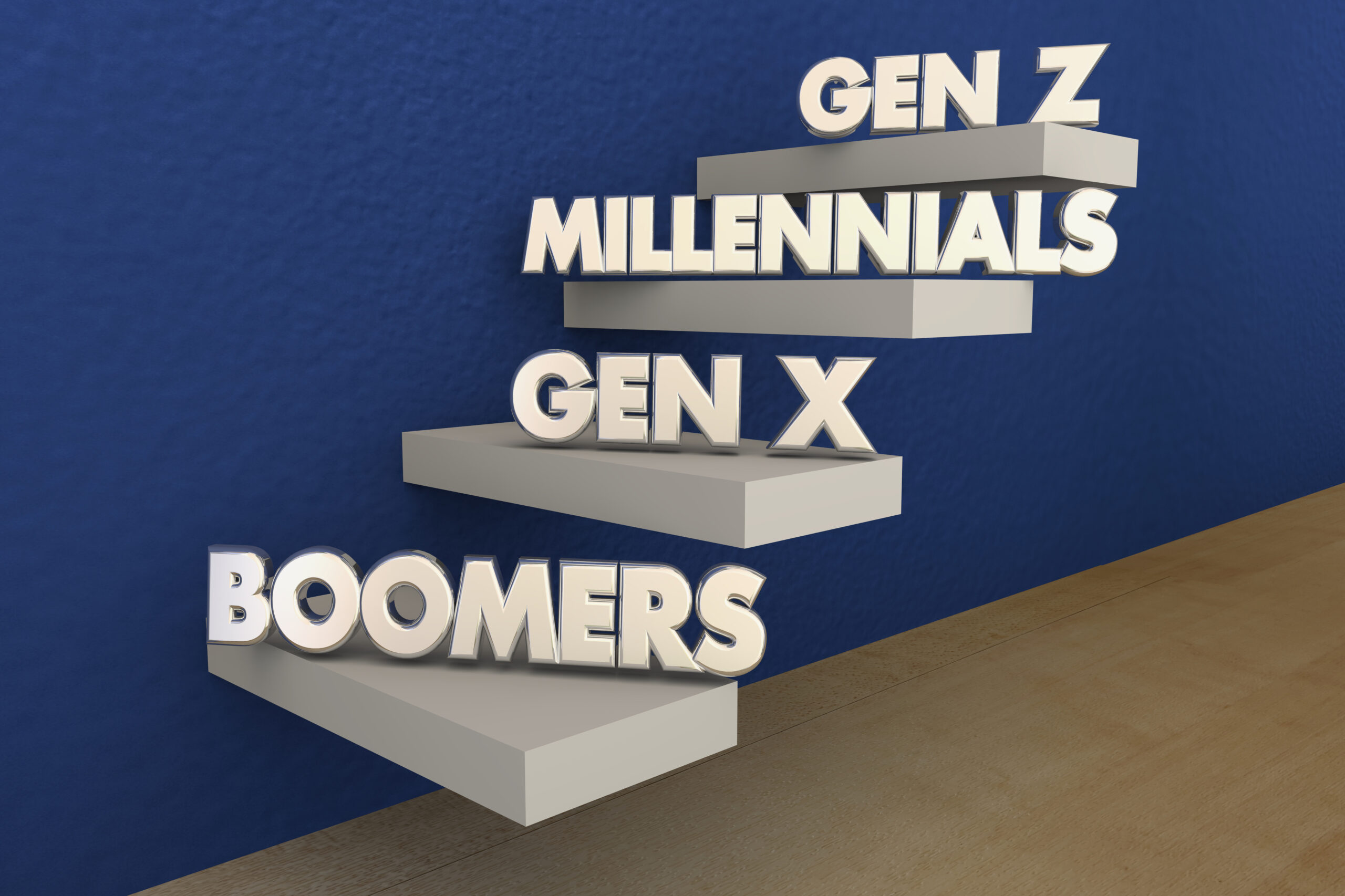
I recently spoke with Tony Martignetti on Nonprofit Radio (OK Boomer, Move Over) about the importance for nonprofits to engage Millennials (Gen Y) and Gen Z. This follows a recent post we published here. You can join the 13,000 weekly listeners and catch the Nonprofit Radio podcast here.
Here are some highlights of our discussion (listen to the program to hear much more) as well as some additional thoughts:
Why should nonprofits engage Gens Y&Z?
- By 2030, they will make up 75% of our workforce. And they will become the majority of our donors, our beneficiaries, and our supporters in the coming years. Other demographics including race are changing as well and Gens Y&Z are more represented in marginalized and other minority groups.
- They control an increasingly greater amount of money that could go to charities.
- They are more sector agnostic about social good so need to be convinced.
- They are more focused about social impact and the speed of necessary and more radical social impact than older generations, but maybe that discounts older generations’ perspectives when they were the same age.
- They bring in new ideas, new perspectives, familiarity with new tech and strategies, different forms of communications and customs, and they have different narratives of our history.
- Engaging Gens Y&Z will encourage an organization’s long-term sustainability.
How should nonprofits engage Gens Y&Z?
- Prioritize and invest in the development of engagement strategies and implementation
- Cultivate recruitment channels and leadership pipelines.
- Open up board nominations to staff and other key supporters.
- Don’t tokenize or trivialize (be careful of “junior boards”); build authentic relationships; empower them.
- Use communication channels and technology they use.
Why are new perspectives important?
- Change is constant and the speed of change in many areas gets faster every year.
- Gens Y&Z will be the majority of voters, donors, collaborators, supporters.
- Our legal concept of charitable is changing – poverty – civil rights – health – environment. See Exempt Organizations Technical Guide, TG 3-3 Exempt Purpose, Charitable IRC 501(c)(3) (rev. 3/20/23).
- Our ideas of philanthropy are evolving – Private foundation – DAF – LLCs – GoFundMe – 501(c)(4) organizations – volunteer – data. See How Millennials are Changing the Definition of “Philanthropy” (Case Foundation).
- Management and governance models are being challenged- flatter structures, distributed leadership, purpose-driven board leadership with an ecosystem focus on mission, vision, and values. See Purpose-Driven Board Leadership (BoardSource).
- Technology is advancing rapidly – much of the change but not policy is driven by Gens Y&Z. See From Texting to Tweeting: Tech-Savvy Millennials Are Changing the Way We Work (Business.com).
- Fundraising is changing – who to target, the competition (not just from other charities), the policies. See Millennial Donors: Thoughts for the Future of Fundraising (CASE); Leveraging Generation Z: 3 engaging fundraising trends (NTEN).
- Advocacy is changing – more decentralized movements, impact investing . See Nonprofits and Movements: How Do the Two Relate? (Nonprofit Quarterly).
- Employment is changing – who is working, where we’re working, employee demands/power. See Deloitte 2022 YZ Global Study – cost of living – work/life, learning, impact, DEI.